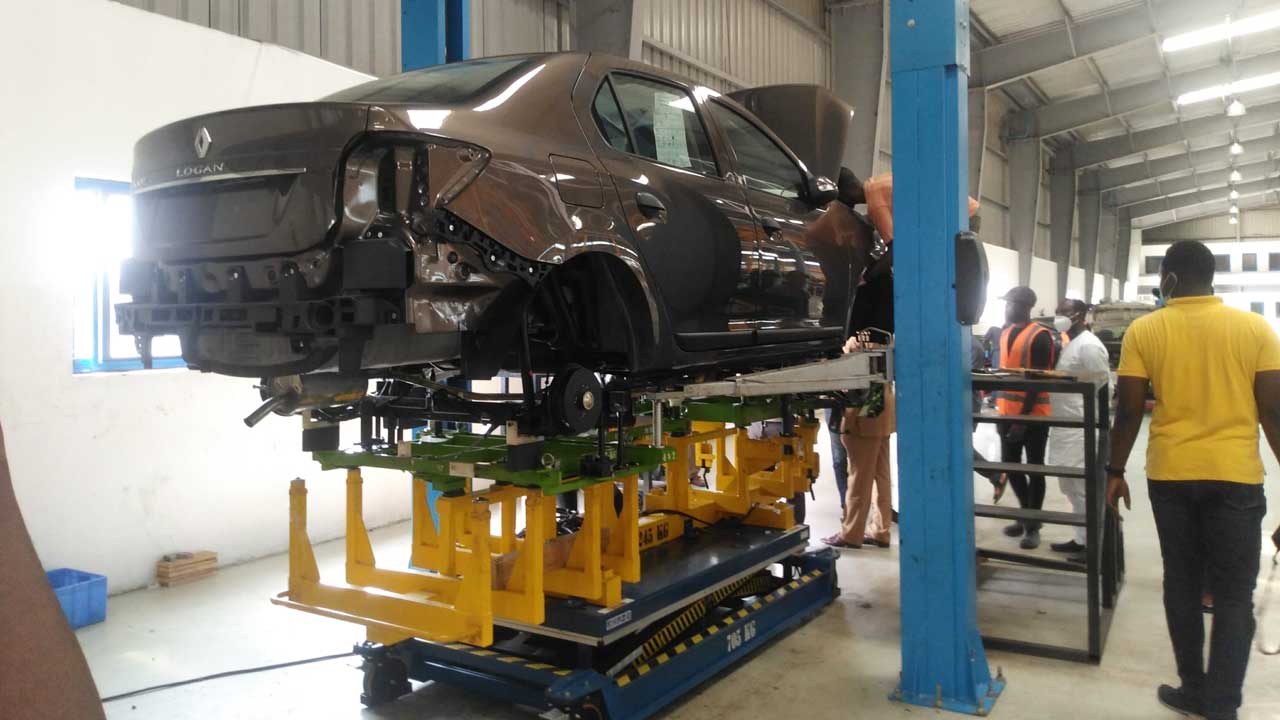NEC Wants National Automotive Industry Development Bill
The National Economic Council (NEC) has strongly suggested that the 2023 National Automotive Industry Development Bill be approved by the National Assembly.
There are reports that on Thursday, in Abuja, Nigerian President Bola Tinubu inaugurated the National Economic Council (NEC), which Vice President Kashim Shettima will chair.
According to the National Economic Council (NEC), the passage of the bill and its subsequent signing into law would strategically position Nigeria in a favourable position to attract significant Foreign Direct Investments in the automotive sector of the country.
In addition to this, NEC stated that legislative support for the industry would put in place the necessary levers for exponential growth in vehicle production, which would then feed the Nigerian, African, and global markets.
After the meeting, the Governor of Abia State, Alex Otti, briefed the media and stated that the Council had made additional recommendations “aimed at establishing a highly effective ecosystem for the exponential development of Electric Vehicle and Compressed Natural Gas Vehicles” in Nigeria. Alex Otti is the governor of Abia State.

The Council, according to Governor Otti, is trying to get approval for the implementation of the Electric Vehicle Development Plan and Policy so that they can move forward with the rapid development of electric vehicles in Nigeria.
According to the Governor, the Council has issued a call for the necessary funding and support to be provided to the Nigeria Automotive Design and Development Council (NADDC) “for the development of the Ultimate Nigerian vehicle, the pride of the nation, one in tune with the culture, terrain, and economic structure of Nigeria, perfect balance of affordability, practicality, and advanced features.”
He pointed out that the legislative support for the automotive industry would help to provide dedicated funding for the Vehicle Finance Scheme, with a special emphasis on electric and compressed natural gas vehicles. This would enable the affordable nationwide purchase of locally produced vehicles by Nigerians, which would boost production and further growth in the sector. He said that this was an important step in the right direction for the country.
Otti stated that the Council’s goals include creating one million jobs in the automotive industry and achieving a production rate of forty percent sourced from within the region. This will be accomplished by providing strategic funding and affordable infrastructure at dedicated industrial parks and clusters.
According to him, the expansion of the automotive industry would make it possible to meet environmental targets in accordance with the 2015 Paris Accord (on the mitigation of greenhouse gases) and the nation’s commitment to net zero by 2060, which was announced at the 2021 COP26 in Glasgow. This would be accomplished through the production of 30 percent of the nation’s vehicles as electric vehicles and the enforcement of stricter Vehicle Emission Regulations.
Read Also: CSOs Accuses Pro-Chancellor, Registrar of Illegality and Disregard for Due Process in the Appointment of Bursar in Joseph Sarwuan Tarkaa University, Makurdi
“Nigeria presents an unrivalled opportunity for successful automotive companies; it gives them the chance to be a part of an exciting journey in the provision of relevant, advanced, and value-added transportation solutions for the improvement of the lives of millions of people.” “Nigeria offers an unrivalled destination for successful automotive companies.”
Over one billion dollars and half a trillion naira have been invested in the establishment of automotive production and assembly plants in Nigeria by reputable investors from both within Nigeria and from outside the country. The facilities can be found in the states of Lagos, Ogun, Anambra, Enugu, Akwa Ibom, and Kano respectively.
“The most significant investors include Innoson Motor Manufacturing, Dangote Sino Trucks, Dangote Peugeot, Mikano Geely/Changan, PAN, Stallion/Hyundai, Honda, Elizade/Toyota, Coscharis/Ford, Iron Products, Kojo Motors/Omaa, and Jet Systems Motors.
It has been determined that a combined installed capacity of 400,000 units per year has been attained.



